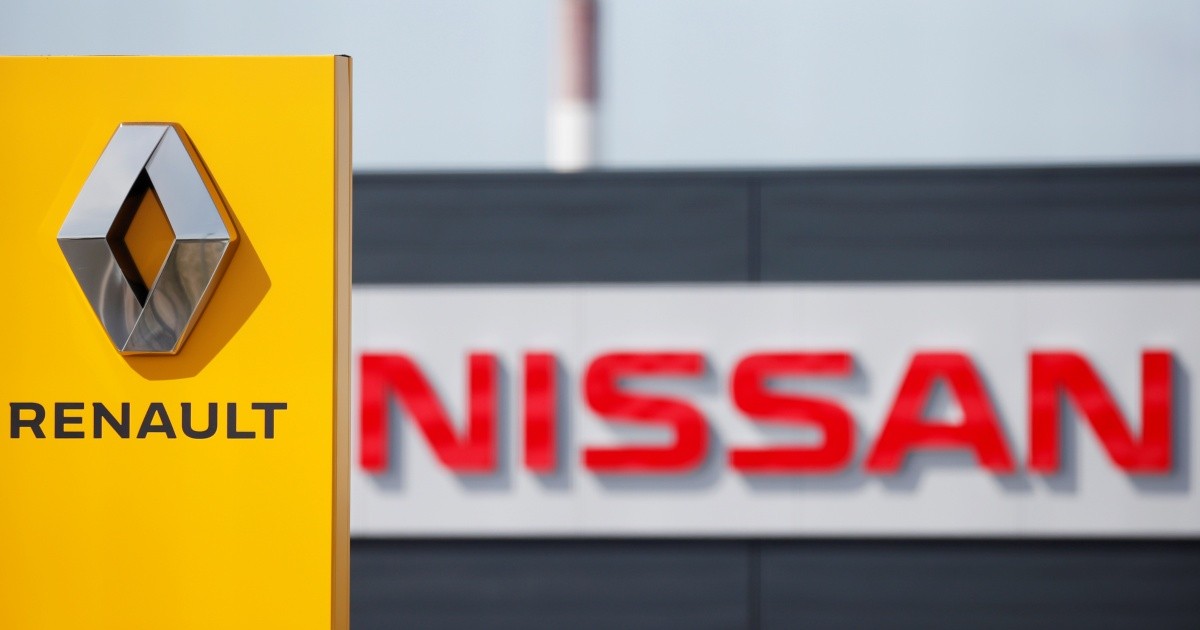The alliance Renault-Nissan-Mitsubishi Motors will invest 23,000 million euros (25,700 million dollars) in electric vehicles in the next five years, with the goal of marketing 35 new models by 2030.
The three companies of the group “have defined a common roadmap towards 2030, sharing investments in future electrification and connectivity projects”, said the president of the alliance, Jean Dominique Senard, in a joint statement Thursday.
“Together, we are making a difference for a new and globally sustainable future,” he added.
The world’s leading automakers are increasingly prioritizing electric and hybrid vehicles as concerns about the climate change.
Currently around 10% of European car sales are electric vehicles, but the figure in U.S it is only 2 percent.
Until now, the members of the alliance have invested more than 11,000 million dollars in total in the electrification.
Common Platforms
To achieve its goals, the alliance will reinforce the use of five common platforms, that is, the basic structure of the different models.
In that sense, he wants 80% of the 90 models to be built on those platforms by 2026. The current figure is 60 percent.
“This will allow each company to focus more on the needs of its customers, its reference models and its key markets, while at the same time spreading innovations across the alliance at a lower cost,” the statement said.
Nissan CEO, makoto uchida, specified that although the models of the different manufacturers will be built on common platforms, there will continue to be “intelligent differentiation” to ensure the “distinction” of each brand.
As for the 35 new electric models announced by 2030, 90% will be produced on these five common alliance platforms around the world.
Two years ago, the alliance had announced the launch of a new collaboration scheme, with a “reference” manufacturer for each geographical area and each technological area. The goal was to make better use of each other’s strengths.
That system will be further strengthened: the Japanese nissan will lead the development of innovative technology of solid-state batteries “for the benefit of all members of the Alliance.
Renault, for its part, “will lead the development of a electrical and electronic architecture common,” according to the statement.
And Mitsubishi Motors will try to launch two of its new vehicles in Europe, including its new ASX-SUVs, which will be based on Renault models.
Nissan has been hit by a host of issues in recent years, from weak demand even before the pandemic, to the fallout from the arrest and subsequent escape of his former boss Charles Ghosn.
But “this crisis is over,” and today the alliance is “stronger than ever,” with “solid foundations” and “flexible cooperation,” insisted Senard.















